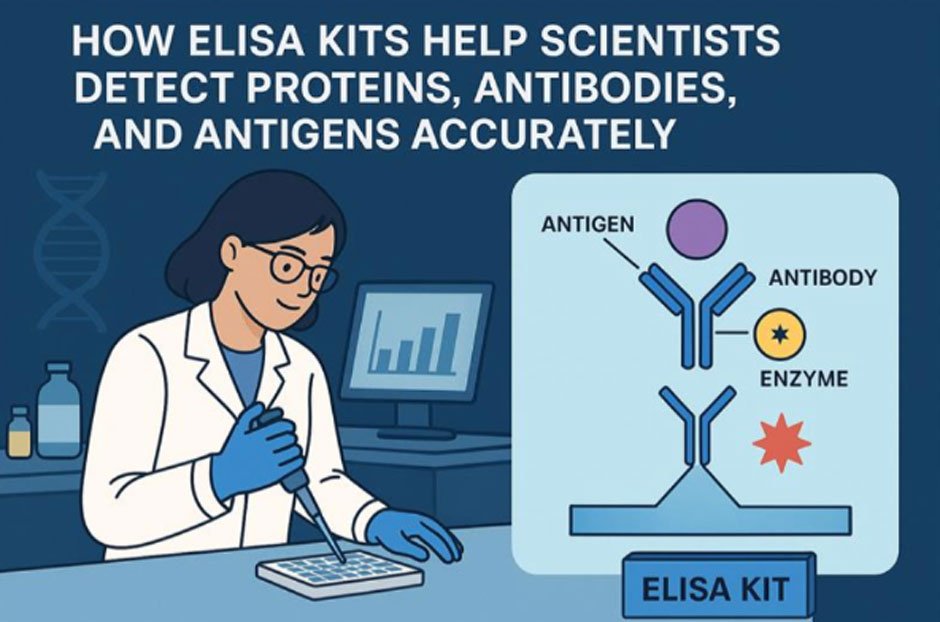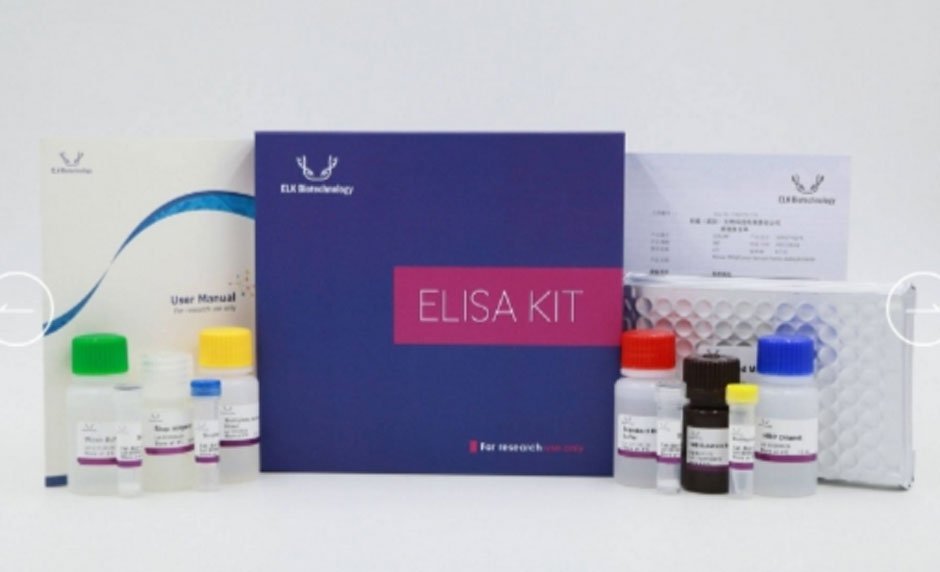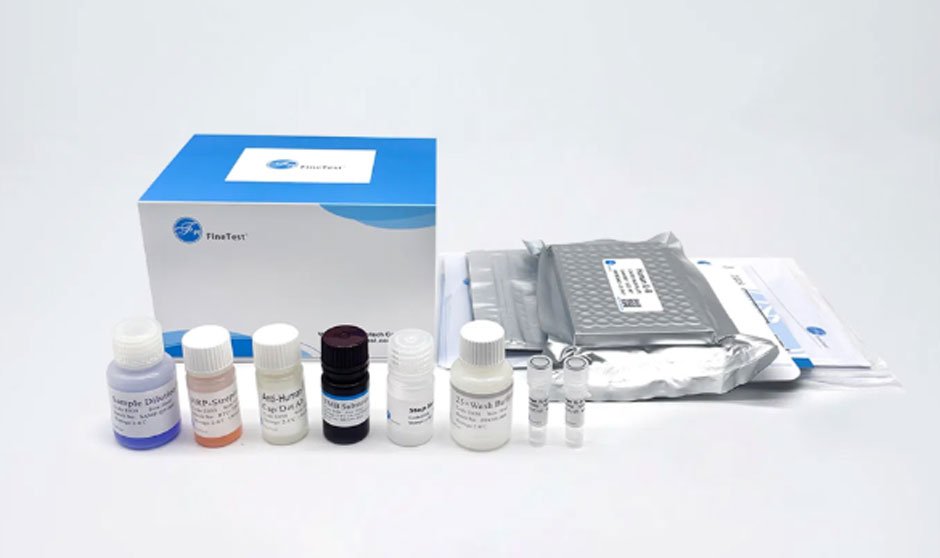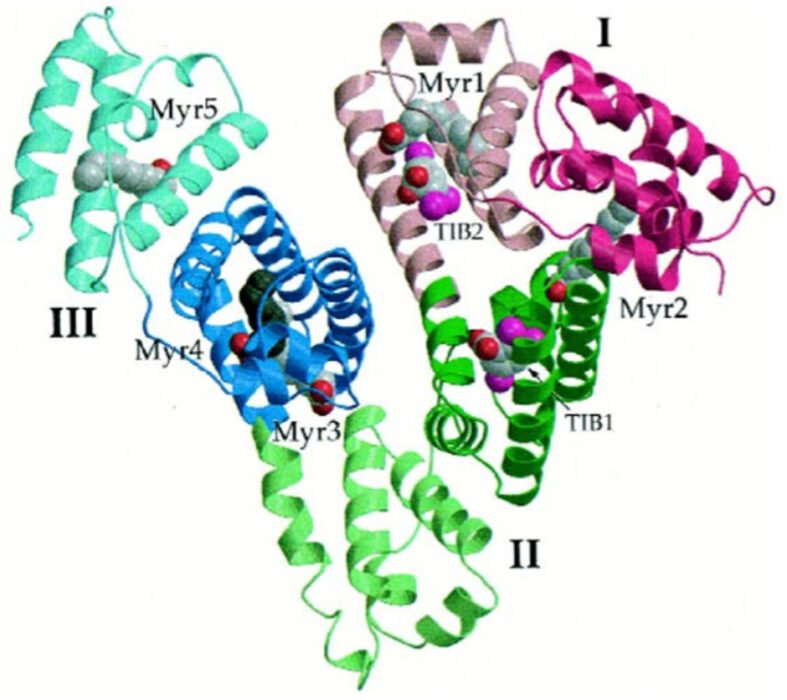
Ever wondered how researchers can identify specific antibodies or proteins in intricate biological samples with such specificity?
For most applications, the secret lies in a mighty lab tool: the ELISA kit. Using ELISA technology, scientists are able to detect proteins, antigens, and antibodies with high specificity, transforming diagnostics, research, and therapeutic monitoring.
By converting molecular interactions into signal-bearing assays, ELISA kits provide rapid, precise, and reproducible results even from complicated samples. They are also widely used in the detection of diseases at early stages, vaccine testing, and immune response studies.
Their efficiency and specificity do not render them inferior to any other tool in research and clinical laboratories. To be able to appreciate how ELISA kits achieve such outcomes and how they have been universally trusted everywhere, it is imperative to explore their mechanisms, advantages, and applications.
Read further to find out exactly how ELISA kits help scientists detect proteins, antibodies, and antigens with certainty.
- Capture and Quantify Proteins with Precision

Identification of proteins in multiplexed biological samples is easy when using the ELISA kit. The kits employ pre-coated antibody plates, which are specific to the target proteins.
On adding a sample, the protein binds to the antibodies, initiating a reaction with a detection reagent, yielding a detectable signal, often a color change. Signal intensity varies inversely with the amount of protein, and thus it is easy to quantify.
By standardizing the assay process, ELISA kits eliminate variability and minimize opportunities for human error, providing reproducible outcomes in experiments. These kits can reproducibly detect proteins with concentrations very close to the lower limit of detection, hence are critical for application in research and diagnostics.
With their sensitivity, specificity, and ease of use, ELISA kits enable scientists to receive precise information within a short period of time, simplifying workflows and enabling secure analysis of biological processes.
- Antibody Levels Are Measured by Targeted Antigen Binding
Quantifying antibody reactions is made easy by ELISA kits, which convert immune system signals into measurable information. In the assay plate, immobilized antigens selectively bind sample antibodies.
The antibodies that bind activated detection reagents, which produce a signal proportional to antibody concentration. This technique provides accurate measurement of the concentration of antibodies, the determination of the different classes of IgG, IgM and IgA and the assessment of the immune response or the efficacy of a vaccine.
Specific ELISA kits have no cross-reactivity and can detect and quantify very low concentrations of antibodies. Such tools are invaluable to clinicians and researchers interested in assessing the immune system for possible disease.
ELISA kits quantify complex molecular interactions, provide non-ambiguous results for a given immune response, and thereby offer the consistent and reproducible information required for research and clinical medicine.
- Antigens Are Detected Through Specific Antibody Interactions

Diagnosing diseases involves detecting antigens, and ELISA kits simplify and ensure the accuracy of this process. Antibody-coated assay plates sufficiently bind the sample’s target antigen, activating one of the detection reagents.
A measurable signal, typically a color change, indicates the concentration of the bound antigen. This signal quantification allows researchers to confidently identify infections, monitor relevant biomarkers, or assess disease progression.
Standardized methods further bolster confidence in result consistency among several samples, while the detection of even the smallest antigen amounts remains a hallmark of ELISA kits.
ELISA kits take antigen detection to the next level in terms of precision and clarity. This ease of use, combined with reliability, explains why ELISA kits are indispensable in vaccine development, clinical diagnostics, and immunology research.
These kits answer the antigen detection and quantification questions posed in several research works. ELISA kits are crucial in clinical diagnostics, vaccine development, and research focused on immune system responses.
- Laboratory Research Becomes More Efficient and Reliable
ELISA kits improve research output by offering consistent and reproducible techniques for biomolecule identification. Their sensitivity guarantees the identification of proteins, antibodies, and antigens even when present in small quantities.
The careful selection of antibodies and antigens minimizes cross-reactivity. ELISA kits offer researchers consistent protocols that lessen the variability, making reproducible results much easier across various research facilities.
ELISA kits also ease the processing of multiple samples at the same time, which is a hallmark of high-throughput analysis. The instruction provided by the kit on colorimetric and other visual methods interprets results straightforwardly and minimize the need for complicated tools and instruments.
Together, these characteristics help ELISA kits improve workflow, increase the amount of dependable research output, and save time in research. This lets researchers concentrate on innovative analyses and not on resolving complex and poorly devised assay protocols, which ELISA kits tend to remove.
All in all, this makes the ELISA kit a core instrument for both applied and basic biomedical research.
- Enable Critical Applications in Medicine and Research

The versatility of ELISA kits makes them indispensable for both clinical and research applications. In medicine, they detect biomarkers linked to infections, autoimmune disorders, or other diseases, enabling early diagnosis and informed treatment decisions.
Furthermore, in research settings, ELISA kits provide precise quantification of protein expression, antibody responses, and signaling pathways, supporting deeper insights into biological mechanisms.
During vaccine trials or drug development, they monitor immune responses to evaluate efficacy and safety. Their sensitivity allows for the detection of low-level biomarkers, ensuring accurate and meaningful results.
ELISA kits can be used with various sample types, including blood, serum, or tissue extracts, enhancing their practical utility. By producing reliable, reproducible, and quantitative data efficiently, ELISA kits play a pivotal role in advancing healthcare, scientific research, and public health initiatives.
Conclusion
ELISA kits enable scientists to detect proteins, antibodies, and antigens with exceptional precision, transforming complex samples into clear, actionable insights.
By streamlining research and diagnostics, they make scientific investigations faster, more reliable, and highly reproducible—allowing researchers to achieve breakthroughs with confidence and efficiency!
